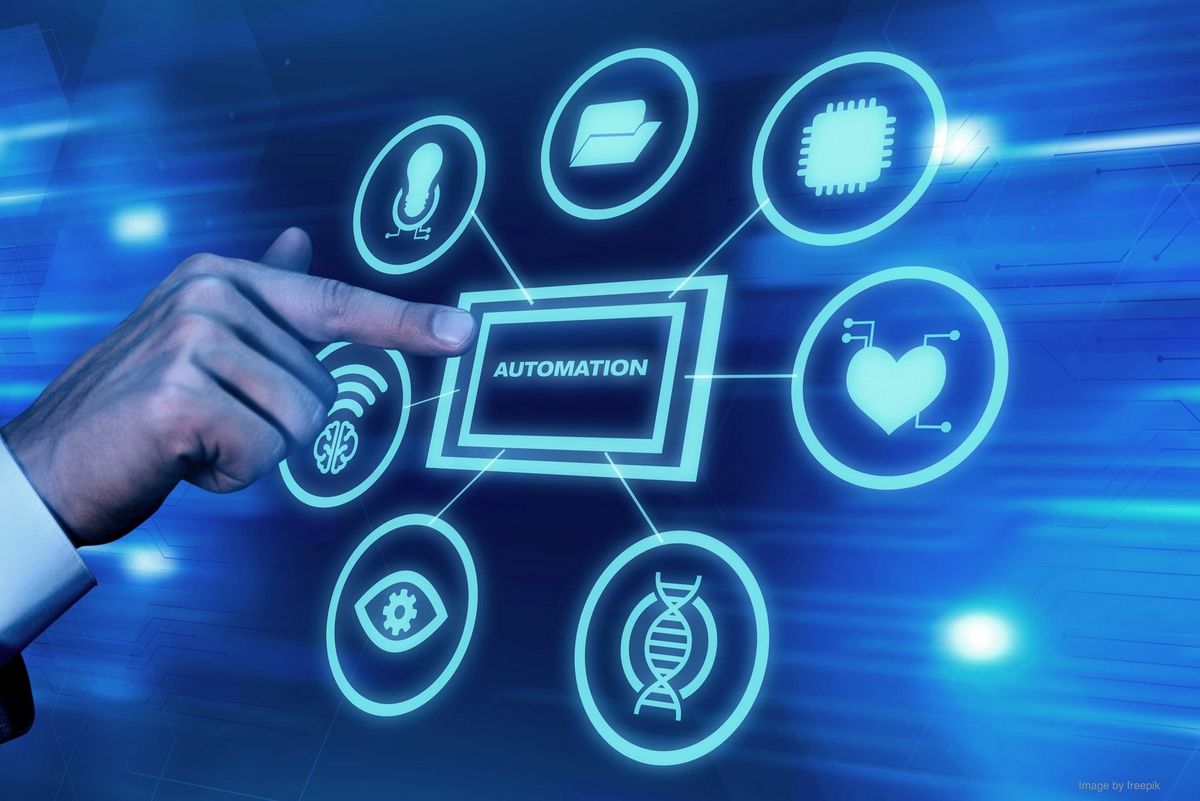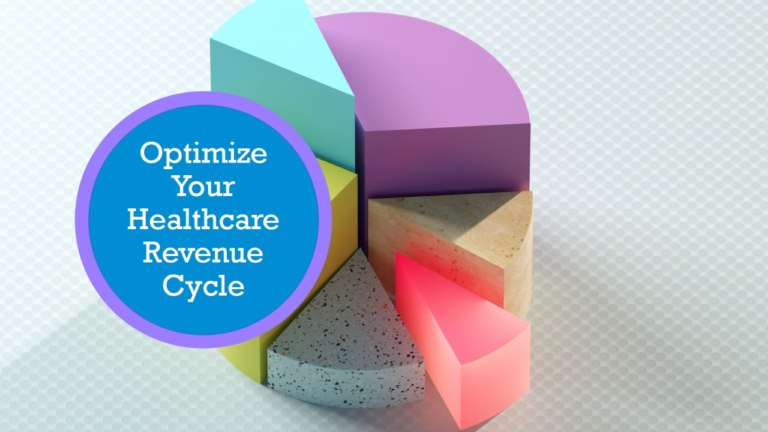
The healthcare industry is experiencing a transformation, driven by the power of Automation in Healthcare. Automation is enabling healthcare professionals to streamline operations, reduce administrative burdens, and ultimately improve patient care. Contrary to concerns that automation may replace human roles, the key objective is to empower healthcare workers by supporting their tasks with innovative technology. In this article, we will explore how automation is reshaping healthcare, empowering medical professionals, and enhancing the quality of care.
The Role of Automation in Healthcare
Automation in healthcare refers to the use of technology to perform tasks that were traditionally handled manually, allowing healthcare providers to focus on delivering high-quality care. By automating administrative, diagnostic, and operational tasks, healthcare systems can function more efficiently and improve patient outcomes. These technologies range from robotic systems and AI-powered tools to automated data entry and patient scheduling platforms.
Improving Operational Efficiency
One of the most significant benefits of automation in healthcare is its ability to streamline operations. By automating administrative tasks such as patient registration, billing, and appointment scheduling, healthcare facilities can reduce human error and free up staff to focus on more critical tasks. This efficiency allows healthcare workers to spend more time on patient care, leading to better patient experiences and faster response times.
For instance, automated scheduling systems help optimize appointment bookings by automatically aligning schedules with available healthcare professionals and resources. This eliminates scheduling conflicts and reduces patient wait times. Similarly, automated billing systems improve accuracy and speed up the payment process, ensuring that healthcare providers receive compensation more quickly.
Enhancing Diagnostics with AI and Machine Learning
Artificial Intelligence (AI) and machine learning have made significant strides in healthcare diagnostics. Automation tools powered by AI can analyze medical data, such as imaging scans, lab results, and patient records, much faster and with greater accuracy than humans alone. These tools are especially valuable in diagnosing complex conditions like cancer, heart disease, and neurological disorders.
For example, AI-powered imaging tools can detect early signs of diseases such as cancer or brain abnormalities by analyzing medical images with a high degree of precision. This helps doctors make faster and more accurate diagnoses, leading to timely interventions and better patient outcomes. By automating these diagnostic tasks, AI tools act as an invaluable support system for healthcare professionals, allowing them to focus on treatment planning and patient communication.
Automating Patient Care and Monitoring
Automation is also revolutionizing how healthcare providers manage patient care and monitoring. Technologies such as telemedicine and remote monitoring enable healthcare workers to track patient health metrics outside of traditional clinical settings. Automated systems can send real-time updates and alerts to physicians if a patient’s condition changes or requires immediate attention.
For example, patients with chronic conditions like diabetes or hypertension can use automated systems that monitor their blood pressure, blood sugar levels, and other vital signs. The data is then transmitted to healthcare professionals who can monitor the patient’s progress and intervene if necessary. This proactive approach helps reduce hospital readmissions and ensures that patients receive the necessary care in a timely manner.
Empowering Healthcare Professionals, Not Replacing Them
Despite the rapid advancements in automation, the ultimate goal is not to replace human roles in healthcare but to enhance and support them. Automation in healthcare technology is designed to empower healthcare professionals by reducing repetitive tasks and providing them with the tools they need to deliver better care. Automation in healthcare enables professionals to work more efficiently, allowing them to dedicate more time to direct patient interaction and complex clinical decisions.
Take, for example, the role of robots in surgery. Surgical robots can assist in performing intricate procedures with precision, but they still require a skilled surgeon to control and oversee the operation. The robot simply acts as an extension of the surgeon’s abilities, enhancing the precision of their movements and improving patient outcomes. This highlights how automation can complement human expertise rather than replace it.
Data Management and Patient Privacy
The management of vast amounts of patient data is another area where automation plays a crucial role. With the advent of Electronic Health Records (EHRs) and other digital systems, healthcare providers must handle an enormous volume of data daily. Automation tools help process, organize, and store this data efficiently, ensuring that it is accessible when needed. Moreover, automation aids in safeguarding patient privacy and ensuring compliance with regulations such as HIPAA (Health Insurance Portability and Accountability Act) by securing sensitive information and limiting human error.
Automated systems can flag discrepancies or unusual patterns in patient data, alerting healthcare professionals to potential risks, such as medication errors or abnormal test results. These tools help improve patient safety by offering real-time insights and reducing the chances of oversight.
The Future of Automation in Healthcare
The future of automation in healthcare looks bright, with continuous advancements in technology promising even more profound changes. As AI, machine learning, and robotic systems evolve, healthcare providers will have access to more sophisticated tools that can further enhance their ability to diagnose, treat, and care for patients. Automation will continue to complement human skills, enabling healthcare workers to focus on delivering the best care possible.
In the near future, we can expect to see more integrated systems that connect different parts of the healthcare system. From automated supply chain management to AI-driven decision-making tools, healthcare automation will continue to improve efficiency, patient care, and the overall patient experience.
Conclusion
The integration of automation in healthcare is revolutionizing the industry by enhancing operational efficiency, improving diagnostics, and empowering healthcare professionals. Far from replacing human roles, automation supports healthcare workers, allowing them to focus on delivering exceptional care. As technology continues to evolve, healthcare providers can expect even greater advancements that will enable them to offer higher-quality, more personalized care to patients.
To learn more about how automation is transforming healthcare and empowering professionals, check out our detailed insights at eClaimStatus Blog.




